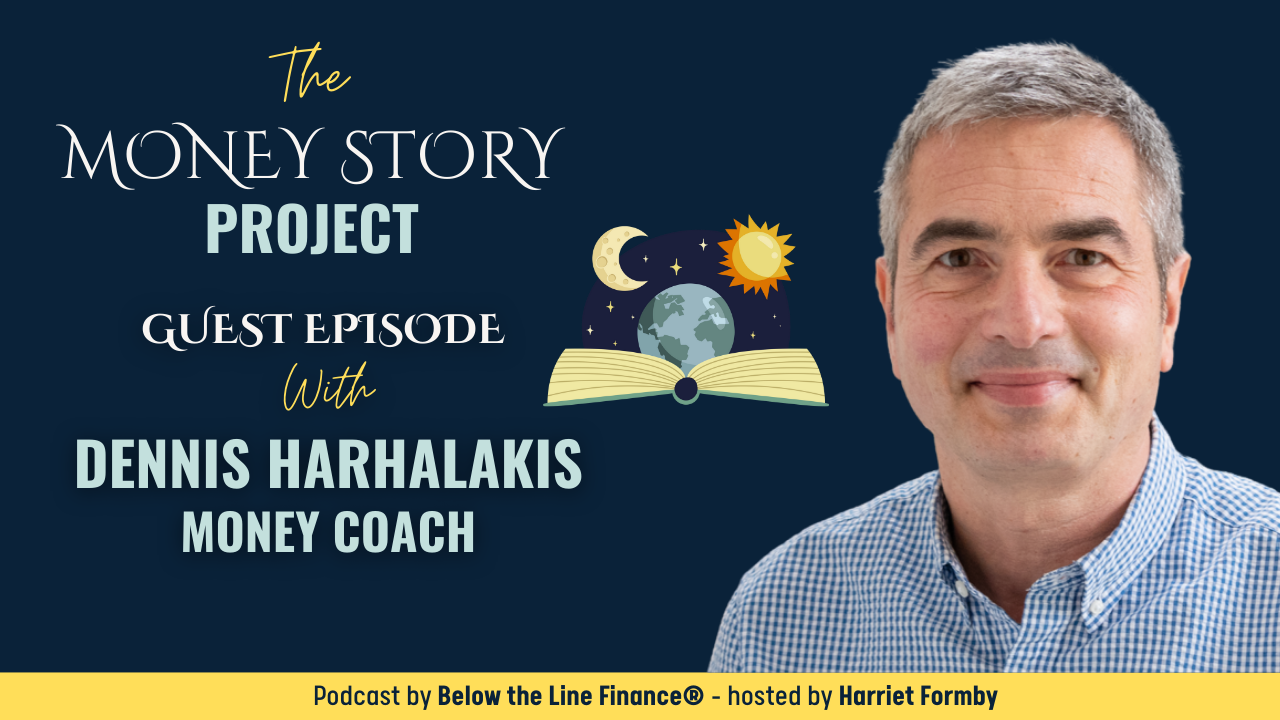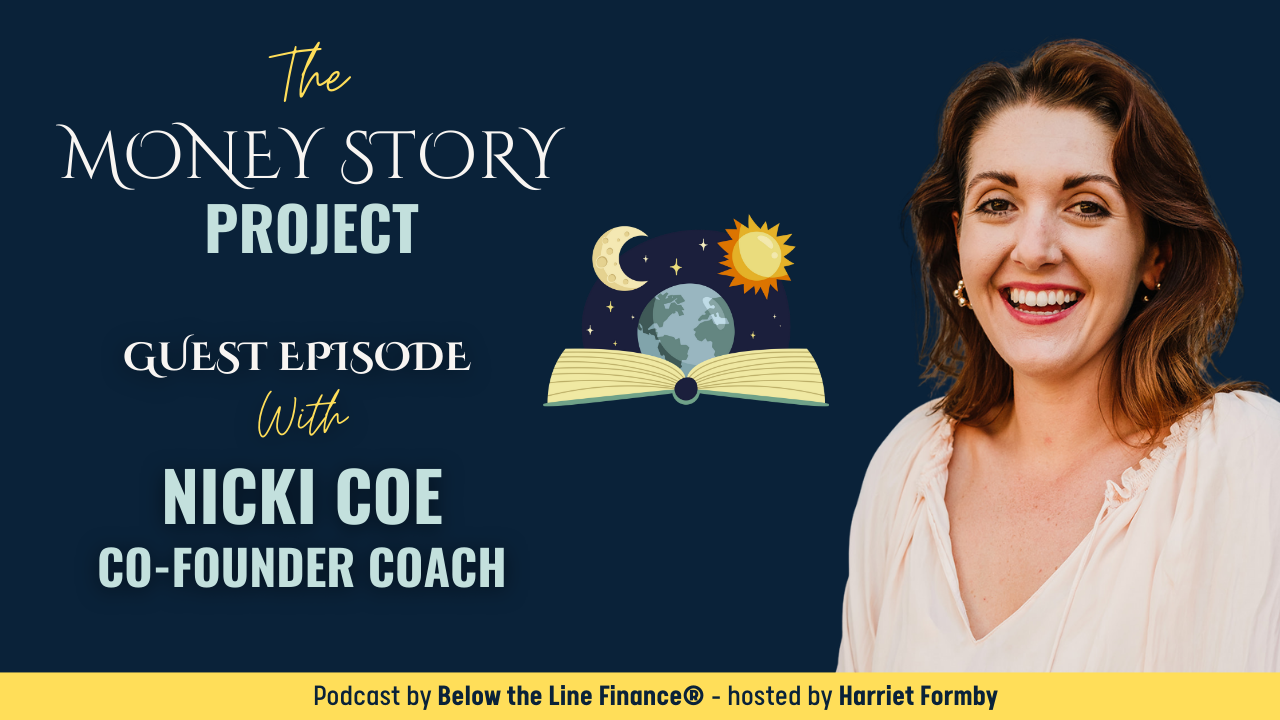How Scarcity Shapes Financial Decisions and Outcomes

Understanding Scarcity
Scarcity refers to a condition where individuals or communities experience limited access to essential resources, such as time, money, or commodities. This limitation isn't always about the physical absence of resources—it can also stem from the perception of scarcity.
Capitalism is Rooted In Scarcity
Economic systems like capitalism are deeply rooted in the concept of scarcity, operating under the assumption that resources are finite and must be allocated efficiently.
This form of economy, which has been dominant for only about 500 years, contrasts sharply with earlier times when common land and resources were plentiful and freely available to communities.
In the UK, the Enclosure Act significantly contributed to scarcity by restricting access to common land. This legislative move shows how scarcity can be artificially created and imposed, altering community dynamics and resource availability.

Real Vs. Perceived Scarcity
The human brain often struggles to differentiate between real scarcity, which involves actual resource limits, and perceived scarcity, shaped by personal and societal beliefs and past experiences.
The hardwired susceptibility to react to even perceived scarcity can be passed down through generations, influenced by both genetic factors and environmental upbringing.
Society and Scarcity
Our modern consumer culture, pressures of societal norms, and constant exposure to social media can exacerbate feelings of scarcity.
People facing financial distress often encounter harmful stereotypes and misconceptions. They are frequently mislabeled as lacking budgeting skills, being lazy, or careless.However, these stereotypes are not accurate.
Operating from a position of scarcity significantly impacts cognitive capacity and decision-making abilities, affecting anyone regardless of their intelligence or financial literacy.
Behavioural Economist Sendhil Mullainathan and Psychologist Eldar Shafir proved that:
being in financial scarcity can reduce a person's cognitive capacity more severely than going one full night without sleep.
You can explore more on this fascinating research here.
It's not that people in financial distress inherently possess less cognitive bandwidth; rather, the experience of scarcity itself reduces anyone's bandwidth.
This reduction in cognitive capacity can impair one's ability to make informed decisions, further perpetuating the cycle of financial scarcity.

The Entrepreneurial Illusion
Business owners, in particular, may feel overwhelmed by images of highly successful "7-figure entrepreneurs", £$10k months etc. who appear to have everything figured out.
However, these portrayals often represent an idealised aesthetic that doesn't accurately reflect reality, further feeding into the cycle of perceived scarcity.
Impact of Scarcity
On Cognitive and Nervous System Functions
According to polyvagal theory, scarcity can significantly impact the nervous system, affecting how individuals process information and make decisions.
This reduction in cognitive capacity can result in tunnel vision, difficulties in maintaining long-term goals, and impaired impulse control.
Simply advising people to improve their financial literacy does not address the underlying challenges posed by scarcity.
Implications for Business Owners
Business owners may find scarcity manifesting in various behaviours, especially when driven by fears of financial insecurity:
- Undercharging and Self-Doubt: Fears of losing clients can lead to chronic undercharging.
- Compulsive Giving: Providing too much value for free as a form of people-pleasing.
- Excessive Work Hours: Working around the clock to make sure bills are covered.
- Financial Precarity: Living from month to month and using borrowing to sustain operations.
- Investment Hesitation: Reluctance to invest in growth due to financial constraints leads to stagnation and continuous worry about the future.
- Financial Avoidance: Overwhelm and 'shut down' nervous system response to dealing with tricky financial matters, leads to avoidance of facing financial issues.
- Overspending: Making impulsive decisions and being overly swayed by 'one time only' deals.
- Underspending: Being excessivly frugal and preparing for every possible contingency.

Nervous System Responses to Scarcity
- Fight or Flight: Scarcity often triggers the sympathetic nervous system’s fight or flight response, which, while useful for immediate survival, this can undermine complex decision-making and long-term planning.
- Freeze and Shutdown: In overwhelming scarcity, the dorsal vagal complex may initiate a freeze or shutdown state, leading to disengagement and helplessness, further complicating effective management of financial issues.
Behavioural Changes During Scarcity
During times of scarcity, people may experience a "focus dividend," where there is a hyper-focus on immediate concerns and deadlines. However, this intense focus often comes at a cost:
- Decreased Problem-Solving Abilities: Reduced capacity to address and solve complex problems.
- Reduced Capacity for Thoughtful Decision-Making: Scarcity limits the ability to consider various options thoughtfully.
- Lack of Flexibility: There is a diminished ability to weigh different options, making it difficult to navigate trade-offs.
This phenomenon can paradoxically make someone adept at budgeting due to the necessity of managing limited resources, yet poor at broader financial decisions that require considering long-term implications.

Temptation and Decision Fatigue
The state of scarcity increases the likelihood of succumbing to temptations as a means of seeking momentary comfort, known as the "temptation tax."
This reflects the urge to soothe pain through spending, leading to decision fatigue — a state of feeling overwhelmed and thus more likely to seek immediate rewards.
It could make you more suceptable to limited time offers and sales tactics that encouraged hasty decisions.

Conclusion
Understanding the effects of scarcity on your financial outcomes is crucial for improving financial well-being.
Scarcity can significantly impact cognitive capacity, decision-making abilities, and overall financial behaviour. Recognising these effects is the first step in mitigating their impact.
In the next part of this series, we will explore strategies to manage and overcome the effects of scarcity, enabling you to expand your nervous system’s ‘window of resilience’ and increase your ‘fault tolerance’ to improve your financial well-being - when real or perceived scarcity is present.
Acknowledgement
The key concepts shared in this article exploring the impact of scarcity are drawn from the brilliant teachings of Trauma of Money™.
Thisgame changing program has been instrumental in shaping my understanding of scarcity on finances and I am forever grateful for having the opportunity to study the Trauma of Money Method™ and become a Trauma of Money™ Certified Practitioner.









